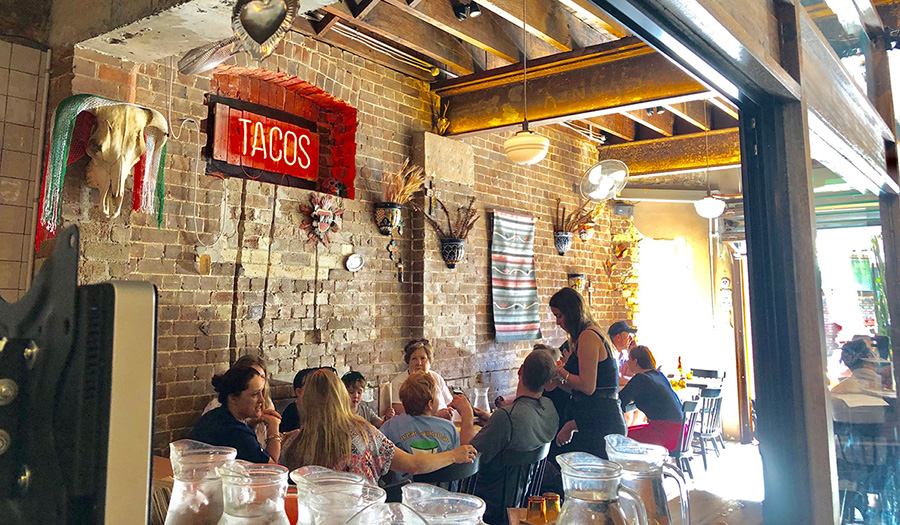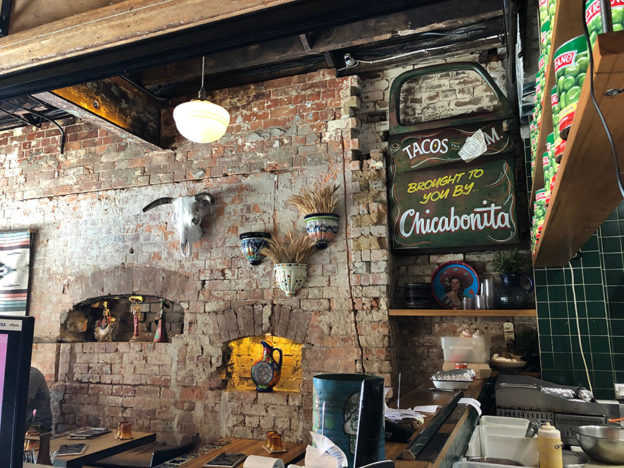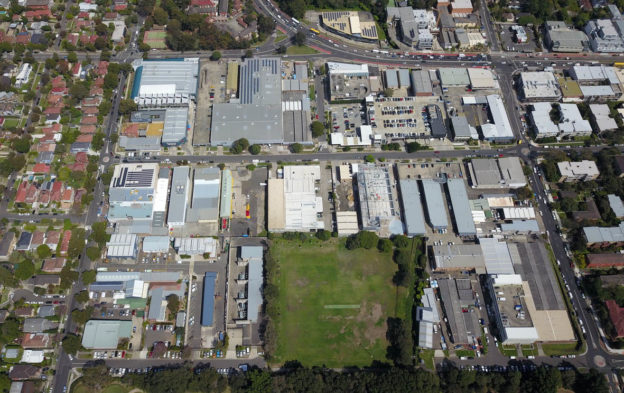In the competitive world of hospitality, there are only a handful of operators who consistently draw the crowds over time.
Co-founders of Chica Bonita and Sunset Sabi, Sean and Luke Miller (no relation), are two such operators.
Since Chica’s launch and opening in 2012, and Sunset Sabi in 2015, barely a night goes by when their restaurants aren’t buzzing. Now the pair are doubling down, with the April 2019 opening of Chica Bonita CBD and the May 2019 planned launch of Busta, a new Manly Italian restaurant a few doors down from Sunset Sabi on Pittwater Rd.
In a bid to find out how they manage to consistently get it right, Pine Property spoke with Sean and Luke, discovering some valuable insights for all.
Planning is critical. Test, adapt and refine until you are 100 per cent sure.
Luke: “We don’t have a hard and fast rule for how long we plan. For Chica Bonita CBD we have been working on it for two and a half years.”
“We need to get ourselves to a really confident place. We second guess ourselves a lot. Testing more and more until we reach a point of confidence.”
Sean: “We have to be open-minded to change. We might go in with an idea or location or plan but things will change and we need to expect that and be prepared for it.”
Be unique in the detail: You don’t need to be one-of-a-kind, you just need to carve out a niche.
Sean: “Being unique is important but we don’t have to come up with some sort of ground breaking or hugely unique thing. It can be a unique to time, or a unique place.
Luke: “Yeah, unique in the detail rather than unique in the overall concept. With the original Chica, as a concept it wasn’t unique, it just wasn’t really happening in the area.”

Culture is the beating heart of the business:
Luke: “Culture is the most important thing. It is everything. Well, the product is the most important, but product and culture are so intertwined. Food quality drops if team culture is off and people aren’t feeling it.”
Sean: “Yeah as soon as the culture gets a shakeup, or there’s an off apple in the team, it affects everything.”
Staff: Look after the frontline of your business.
Luke: “The more we do to help train, skill, mentor and provide for the team that helps a lot. An experience. A holiday. A voucher to go out and have some dinner. The stuff that rewards emotionally goes a long way.”
Sean: “Staff is one of the most difficult things for us, for multiple reasons: the market, the industry. It is very hard. The culture goes a long way to retaining staff. You get that culture right and people are a lot happier and the longevity is definitely there.”
Location is critical. But not in the way you might think:
Luke: “When we opened Chica it was far from what anyone would think of as a ‘good location’. The same with Sunset Sabi. But they were on the path of being better in the future.”
“That’s what we look for. And we look at the character of the building and other potentials. Busta is a really good example of that.”
Sean: “It’s always concept first, but there are only a small circle of spaces we even consider.
“We wouldn’t even consider putting a restaurant in the spaces some people do. But then people say to us ‘You’re going to put a restaurant there? What the f*&K?’ But we choose locations that have a lot of opportunity. A lot of potential.”
Fitout and Décor: Product and people are more important.
Sean: “We have learnt that if you have the right people and product then you don’t have to spend a lot on the fitout.”
“Get clever. Think outside of the box rather than spending a lot of money on what everyone else has or does. You can do a lot with a little.”
“In hospitality you can get carried away so easily. People often think that if you throw money at it then will be great. But when we started Chica we had people sitting on milk crates.”
Menu Offering: When it all boils down, the only thing that’s left is on the plate.
Sean: “The menu offering across the board has to be exceptional. You have to try it over and over and over and over and over until you are confident with everything.”
“Confident in the taste. Confident in the way it is put together. Confident in the way it is going to be eaten.”
“It has to be exciting and dynamic. It has to be a LOT because it is a highly competitive industry.”
Luke: “It’s never being satisfied. It’s never good enough. We can do better. We can push further. We know we can. Because when it all boils down, the only thing that’s left is on the plate.”
Service: It’s how the customer feels:
Luke: “Service is the feeling. How did that feel. Was it nice? Did I enjoy that interaction? Did the staff feel like they actually wanted to interact with me?”
“Sure it’s got to be prompt and informed and all the rest of it but if it feels right for the customer then that’s the crux.”
Sean: “The customer has to feel like we are on their side. And no matter that we don’t follow formal protocol, or hospitality industry shit, the customer has to feel like we have their best intentions as their priority. That’s what creates the experience.”
Marketing: Word of mouth still rules, but social media is essential.
SEAN: “For us marketing is really delivering on all the stuff we just talked about: delivering great food in a great space and trying to stimulate talkability and a bit of organic marketing.
“Definitely we put a lot of effort into social media but we don’t pour money into it. Our focus is the food. The experience, and the service. We don’t push push push.”
LUKE: “Social media was once optional but it is not optional any more. Social media is part of the business. We use it to get across what we do, so if people can’t be there or have never been there, they know how it feels to be there.”
Passion: It’s infectious.
LUKE: “You have to be there in the venues as much as you can because people look to us for passion. If we don’t have it then it’s hard to ask anyone else to have it. But it’s not something I try for. It’s just there.”
SEAN: “We are super lucky because the passion goes hand-in-hand with doing what you love. I don’t think about it much. I love the food side. The people side and the service side.
Travel: Explore and get inspired
SEAN: “We went to Mexico together last year and it has given us a lot of inspiration and ideas for Chica.”
LUKE: “Yeah we should do more of it for sure. Whenever I travel it is a work trip. Drinking at bars and eating at restaurants eating. That shapes so much of what we do.”

